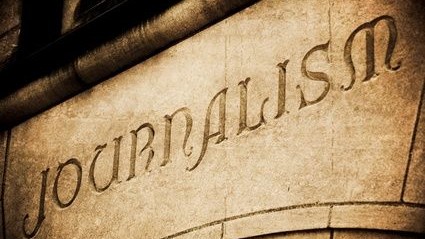We have reached 18 months since I first launched the Telling The Story web site.
Among the many highlights for me has been the opportunity to reach and inspire younger journalists, particularly those in college.
With that in mind, and with most college students heading back to school over the next few weeks, I wanted to use this space this week to offer a collection of posts that have focused most directly on aspiring journalists in college:
Ten years later: what I learned (and didn’t learn) in J-school: “Maybe I needed ten years to understand the importance of those four years at Medill. For so long I wondered why Northwestern had not better prepared me for the “real world” of journalism. But here’s the thing: the only place to truly learn those “real world” skills is the real world. And like it or not, you learn those skills very quickly when you start your career.
Instead, my professors and leaders at Northwestern focused on teaching what I would not automatically learn as a professional. Through everything mentioned above, they ingrained in me a sense of the tradition and power of journalism. What we do is important. What we do is valued. What we do is a time-honored touchstone of society. These may sound like bromides or motivational ploys, but I believe them to be critical. Journalism is always changing, but journalists must always remember the importance of what we do.” (more…)
